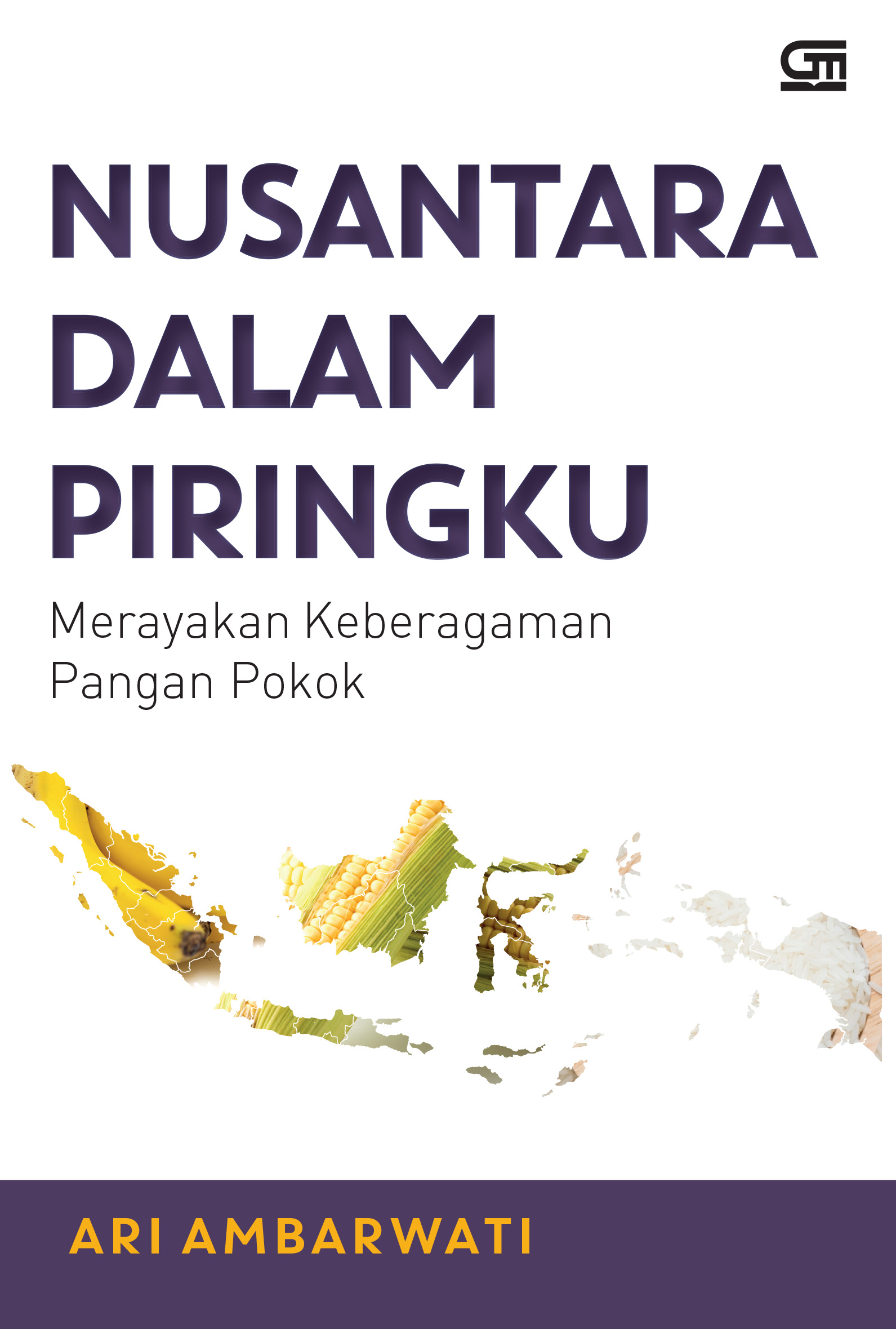
The Indonesian Sago Palm
Author: F. G. Winarno, M.Sc., Ph.D.
Category: Agriculture
Sago palm (Metroxylon sagu Rottb.) is an extremely hard plant that grows widely in Eastern Indonesia. Sago has been explored and used as a raw material with many potential advantages due to its availability and still very much underutilized. This condition provides a good opportunity for Indonesia, considering that this country accounted for 51.3% of the total hectarage of sago palms in the world.
As a starch-producing plant, sago does not only have a great potential to strengthen the national food security; but can also be used as raw material for innumerable other products of significant commercial value, and is essential for industrial development.
Despite these multiple potential uses and benefits of the sago palm, national development program utilizing sago as an abandoned local resource is very limited. According to study, the sago palm national program makes up only 0.05% of the total state budget (ABPN) during 2012–2014. This makes the sago resources underutilized and tend to be neglected.
In this monograph, The Indonesian Sago Palm: Unraveling Its Potential for National Development, the experts would like to suggest that better management and utilization of sago in Indonesia is a must in order to support the national development. This monograph shows that a great potential of sago palm has not yet been recognized; and consequently, has not been identified as a priority crop; both for food security and industrial development.





